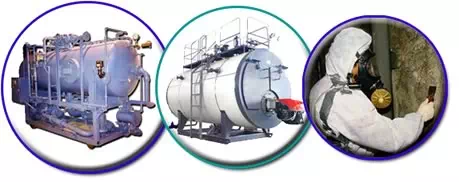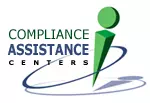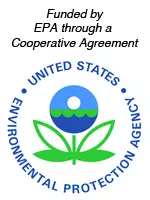|
| |||||||||||||
Welcome to the Combustion Portal

This website provides federal and state compliance information and sustainability content for various combustion processes that are impacted by federal and state regulations.
Please note that facilities may be covered by both state and federal rules, and the fact that a facility has complied with all existing state regulations does not eliminate the requirement of complying with new or additional federal regulations.
The following topics are covered within The Combustion Portal:
-
Boilers. Boilers and process heaters are used by heavy industry (e.g., paper products, chemical, food, and petroleum industries) to run processes or machinery or to produce heat or electricity and by commercial facilities and institutions to supply steam for hot water, electricity and/or space heating.
-
Incinerators. Various types of incinerators are used by different sectors to reduce the volume of solid waste going to landfills. In general there are municipal solid waste incinerators, industrial/commercial incinerators, small institutional incinerators, hospital/medical/infectious waste incinerators and sewage sludge incinerators.
-
Stationary Reciprocating Internal Combustion Engines (RICE). These engines are in use throughout the U.S. In general industry, these engines provide shaft power to drive process equipment, compressors, pumps, standby generator sets and other machinery. In agricultural they are used to drive irrigation pumps. They also find wide application in municipal water supply, wastewater treatment and in commercial and institutional emergency power generation.
-
Wood Heating Appliances/Other. The design and/or use of certain wood burning appliances are regulated by federal, state and local regulations. Open burning is often restricted by local and state ordinances and rules.
This web portal was developed and is maintained by the National Center for Manufacturing Sciences under the National Compliance Assistance Centers program. Funding for this project has been provided by the U.S. Environmental Protection Agency. For more information, or to pass along suggestions, please contact: Lisa Stobierski, Administrative Director, or Matthew Cooke, EPA Compliance Policy Staff.
HOT TOPICS
EPA is Researching the Characterization and Mitigation of Combustion Sources. This work will provide support for air quality regulation and policy determinations and to understand the effect of combustion emissions on public health and environmental welfare (more information).
![]()




